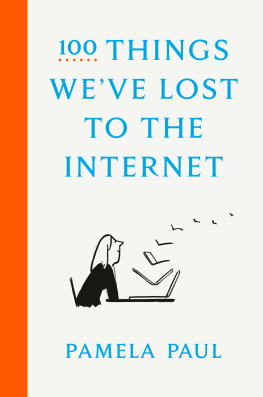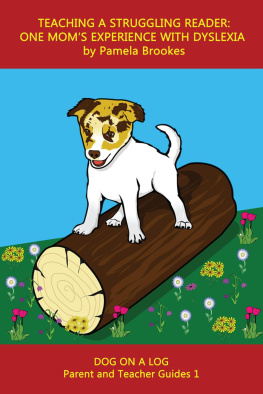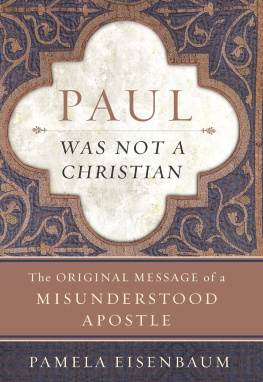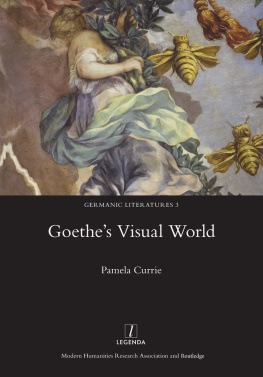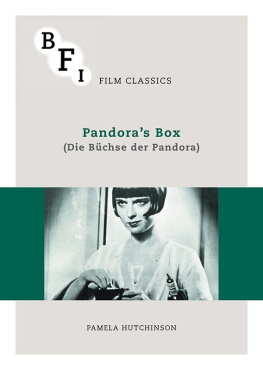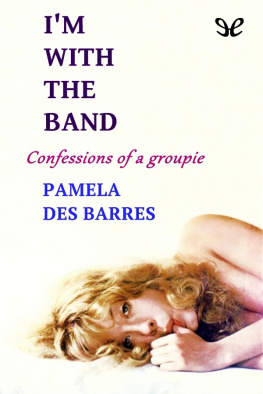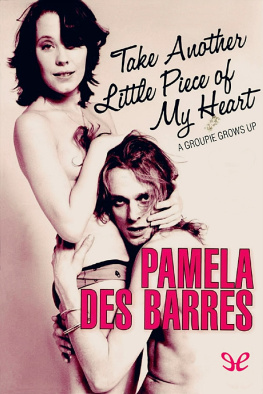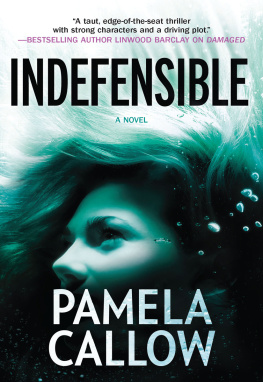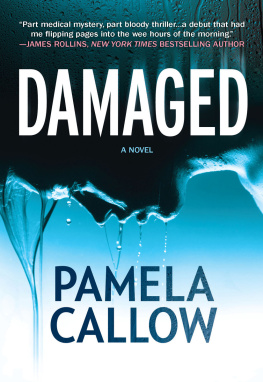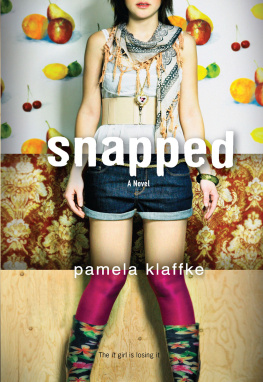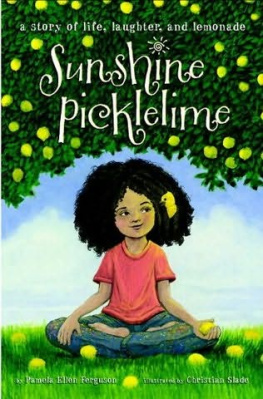Pamela Paul - How to Raise a Reader
Here you can read online Pamela Paul - How to Raise a Reader full text of the book (entire story) in english for free. Download pdf and epub, get meaning, cover and reviews about this ebook. year: 2019, publisher: Workman Publishing Company, genre: Children. Description of the work, (preface) as well as reviews are available. Best literature library LitArk.com created for fans of good reading and offers a wide selection of genres:
Romance novel
Science fiction
Adventure
Detective
Science
History
Home and family
Prose
Art
Politics
Computer
Non-fiction
Religion
Business
Children
Humor
Choose a favorite category and find really read worthwhile books. Enjoy immersion in the world of imagination, feel the emotions of the characters or learn something new for yourself, make an fascinating discovery.

- Book:How to Raise a Reader
- Author:
- Publisher:Workman Publishing Company
- Genre:
- Year:2019
- Rating:3 / 5
- Favourites:Add to favourites
- Your mark:
- 60
- 1
- 2
- 3
- 4
- 5
How to Raise a Reader: summary, description and annotation
We offer to read an annotation, description, summary or preface (depends on what the author of the book "How to Raise a Reader" wrote himself). If you haven't found the necessary information about the book — write in the comments, we will try to find it.
How to Raise a Reader — read online for free the complete book (whole text) full work
Below is the text of the book, divided by pages. System saving the place of the last page read, allows you to conveniently read the book "How to Raise a Reader" online for free, without having to search again every time where you left off. Put a bookmark, and you can go to the page where you finished reading at any time.
Font size:
Interval:
Bookmark:
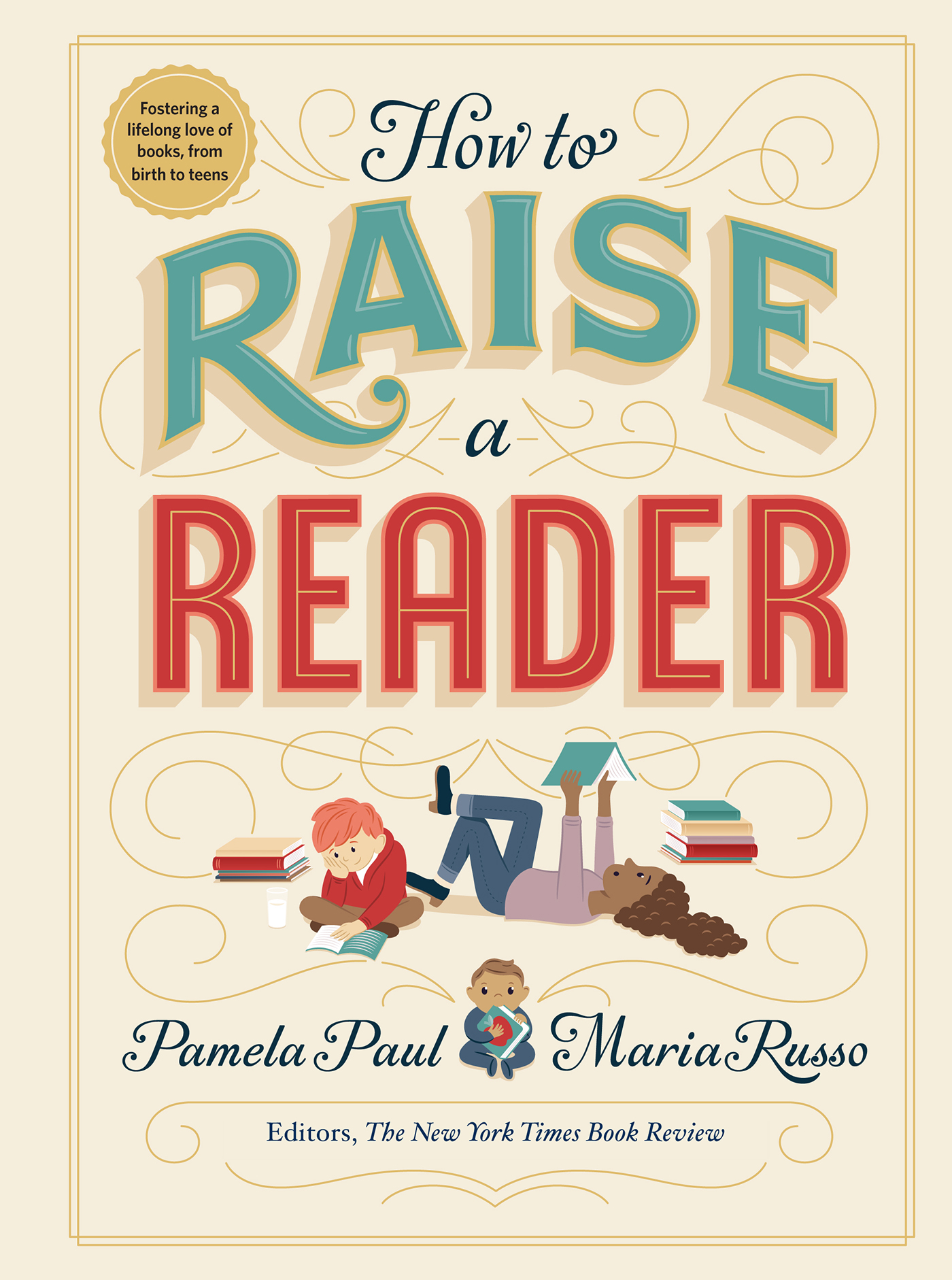

Pamela Paul Maria Russo
Illustrated by Dan Yaccarino, Lisk Feng, Vera Brosgol, and Monica Garwood
workman publishing new york
D edication
From Pamela
For Beatrice, Tobias, and Theodore, my readers
From Maria
For August Larkin, Mario James, and Dante Nicholas
Contents
Introduction
D o you remember what it was like as a child to get lost in a story? The way the world around you dropped away, except perhaps for the musty smell of a good book or the warm presence of your father on the beanbag chair next to you? Maybe you once hid out in the stacks of the local library, immersed in the first Harry Potter novel, desperately turning the pages to find out the meaning of the Sorcerers Stone. Or maybe you can recall being curled up in your mothers lap, imagining what it would be like to eat all the berries you could on Blueberry Hill. Do you remember your first visit to where the wild things are? Did you think that maybe you could somehow one day go there yourself?
Whatever image jumps to mind, its probably rich with pleasurable associations: a childyouexperiencing the comfort and fascination of a private world, the joy of total absorption in an activity, the bliss of feeling like time has stopped.
Now that youre an adult watching the next generation of kids grow up, does it sometimes feel like that sensation of lost time has itself been lost? Or like it might be harder for kids today to find those empty pockets of time, to be able to dive headlong into a book? Is reading for pleasure still the carefree pastime it once was, as much a part of the timeline of growing up as climbing a tree or learning to ride a bike? Chances are, if youre picking up a book like this, you want your child to experience all the natural, timeless, time-stopping joys of reading. You care about your childs relationship to books and want to be sure the written word becomes an integral part of her formative years. But you wish there were some greater support system around raising a reader.
Even as someone committed to fostering your childs reading, you may still sometimes feel some nagging worries around it. They may in fact all be in your own head, but that doesnt make them feel any less powerful. The stress often begins when the child is still fiddling with refrigerator alphabet letters and marveling at the letters shown on the screen during an educational cartoon. Well before school even begins, a parents concern about measuring up might kick in: Why hasnt my child mastered the alphabet yet? And from there it can spiral: Is my child reading soon enough, fast enough, in an advanced enough way? It can head into some pretty dire territory: Will he get into a good college, get a good job, become economically self-sufficient? Then, of course, theres that growing fear for the future of humanity: Will the next generation even read books at all or will they spend the hours robotically scrolling down on electronic devices, as helpless and co-opted as players at a casino slot machine? Will our own children be contributing to that apocalyptic vision? (Dont worry; the answer is no.)
Amid all this, it can seem hard to conjure up simple, happy images of kids with books, reading in some pure, unpressured way, just for the joy of it. But that is the starting point of this book. Keep those pictures in mind as your beacons, because it turns out that many of the life goals we have for our children flow naturally out of the experience of reading for pleasure when theyre young.
Children who read are, yes, likely to excel academically, but theres much more to the picture. The latest research shows that children who read at home are also better at self-regulation and executive functionthose life skills that make us happier and well adjusted: controlling impulses, paying attention, setting goals and figuring out how to achieve them. Think of this as life readiness. By being part of your childs reading lifeby setting out purposefully to raise a readeryoure helping her become someone who controls her own destiny.
School is where children learn that they have to read. Home is where kids learn to read because they want to. Its where they learn to love to read. Its always amazing to register the difference when a child freely chooses any activity. Somehow, her mood is lighter. A sense of purpose seems to emanate from a genuine, happy place. Theres a palpable eagerness rather than a foot-dragging reticence. So lets think about the long-term project of raising a reader not as an obligation but as an opportunity to bring some wonderful things into your childs and your familys life. The parents part in encouraging a reader is in many ways more interesting, joyful, and open-ended than the schools part of the project, which is focused on things like phonics, assessments, and benchmarks.
Our hope is that this book serves as comfort, validation, and inspiration, not only for you as a parent but for your own life as a reader as well. We want to help nurture the love and appreciation of books and literature that you already feel, whether it was instilled in you during childhood or developed later on. We want this book to be useful to you but also to be fun, just as reading is fun. For our part, we had a great time gathering our best tips and ideas and, especially, our favorite book recommendations. As parents of three children each, and as people who work with books every day (yes, we realize how lucky we are), weve been steeped in childrens literature for years.
Whether you pick up this book as an expecting parent, an experienced parent, a grandparent, a teacher, or a concerned caregiver, we like to think youll come away from it with ideas, inspiration, encouragement, and, possibly, relief. Our hope is that youll find yourself seeking it out again and again, whether for reassurance or a reminder, or to move on to the next section as your child moves to the next stage in her reading life. Our greatest hope is that one day, one of your children will pick it up and leaf through it with recognition and gratitude. Perhaps theyll want to keep it for themselves to share with their own children. We all love remembering the satisfaction, the joy, the almost giddy exhilaration of seeing the world of letters, and as a consequence the entire world, open up to us.
A Note from Maria
A memory: Im sitting up in my 6-year-old sons captains bed between him and his 8-year-old sister. Its a Sea-Serpent! Its a Prock! Its a Manticore! I read. They both begin laughing out loud. I forge on as James Henry Trotter and his insect friends frighten New York City from their giant peach, spiked atop the Empire State Building: That ones an Oinck! screamed the Head of the Fire Department. I just know its an Oinck. At that point I stop and the three of us say, I just know its an Oinck over and over, between waves of laughter.
The copy of Roald Dahls James and the Giant Peach that I read to them, and later to their younger brother, came from my own childhood, a gift to 7-year-old me from a family friend. The dust jacket is long gone, but the sight of its faded orange cloth cover can send me straight back to the feeling of being a child myself, reading about poor, lucky James and his terrible, thrilling adventure. The storys details feel lodged in my very being. I consider it incredibly good fortune that I got to return to it as a parent and share it with my children. You could say its love itself that shines out of those memories.
Next pageFont size:
Interval:
Bookmark:
Similar books «How to Raise a Reader»
Look at similar books to How to Raise a Reader. We have selected literature similar in name and meaning in the hope of providing readers with more options to find new, interesting, not yet read works.
Discussion, reviews of the book How to Raise a Reader and just readers' own opinions. Leave your comments, write what you think about the work, its meaning or the main characters. Specify what exactly you liked and what you didn't like, and why you think so.

